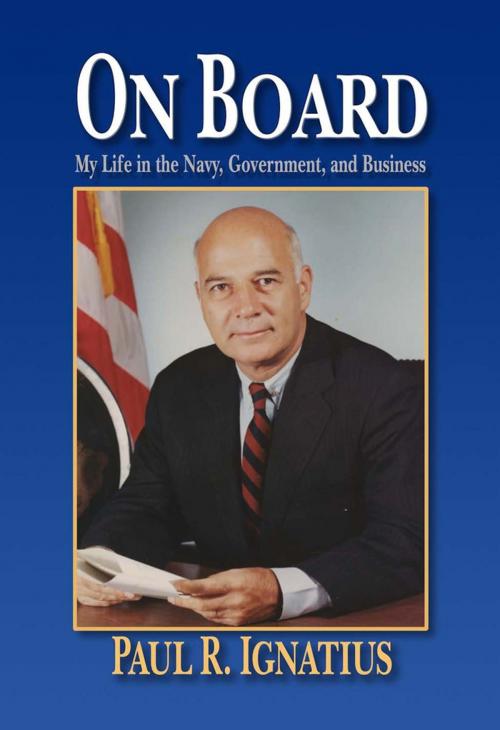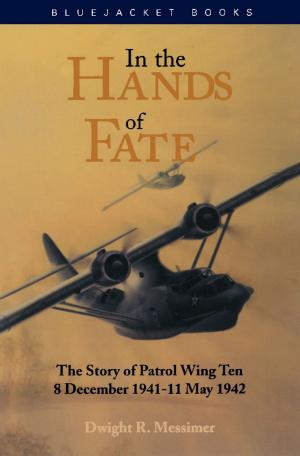| Author: | Paul Ignatius | ISBN: | 9781612515373 |
| Publisher: | Naval Institute Press | Publication: | October 29, 2014 |
| Imprint: | Naval Institute Press | Language: | English |
| Author: | Paul Ignatius |
| ISBN: | 9781612515373 |
| Publisher: | Naval Institute Press |
| Publication: | October 29, 2014 |
| Imprint: | Naval Institute Press |
| Language: | English |
Insights into important events of the twentieth century are provided in this memoir by a former secretary of the Navy and participant in many of the events he describes. The Great Depression of the 1930s, World War II, the Cold War, the Korean War, and Vietnam are recalled from the author's perspectives, first as a teenager in the 1930s, then as a naval officer in the 1940s, a defense department consultant in the 1950s, and a Pentagon official for eight years in the 1960s. There are new details on Robert McNamara's managerial innovations, the growth of the Army under President Kennedy, and the enormous effort to provide construction, supplies, and ammunition for the Vietnam War. The book includes vivid accounts of McNamara, Clark Clifford, Cyrus Vance, General Creighton Abrams, Admiral Thomas Moorer, and many others, There are high moments when Medals of Honor are awarded, low moments when the USS Pueblo is capture by the North Koreans, and perplexing moments over whether to praise or damn Admiral Hyman Rickover. Other significant events covered are the Pentagon Papers case, the illegal strike of the air traffic controllers, and controversial efforts to deregulate the airlines, the Arab oil embargo of the 1970s, and President Carter's attempt to lessen U.S. dependence on middle-eastern oil. Ignatius also offers intimate glimpses of his family life, including the period when his college-aged children were totally opposed to the Vietnam War, and his Armenian heritage, including memories of his grandfather's poems of freedom that forced him to leave his ancestral home. In the final chapter, Ignatius looks at the civil rights movement and efforts to gain equality for women as events of lasting importance to him.
Insights into important events of the twentieth century are provided in this memoir by a former secretary of the Navy and participant in many of the events he describes. The Great Depression of the 1930s, World War II, the Cold War, the Korean War, and Vietnam are recalled from the author's perspectives, first as a teenager in the 1930s, then as a naval officer in the 1940s, a defense department consultant in the 1950s, and a Pentagon official for eight years in the 1960s. There are new details on Robert McNamara's managerial innovations, the growth of the Army under President Kennedy, and the enormous effort to provide construction, supplies, and ammunition for the Vietnam War. The book includes vivid accounts of McNamara, Clark Clifford, Cyrus Vance, General Creighton Abrams, Admiral Thomas Moorer, and many others, There are high moments when Medals of Honor are awarded, low moments when the USS Pueblo is capture by the North Koreans, and perplexing moments over whether to praise or damn Admiral Hyman Rickover. Other significant events covered are the Pentagon Papers case, the illegal strike of the air traffic controllers, and controversial efforts to deregulate the airlines, the Arab oil embargo of the 1970s, and President Carter's attempt to lessen U.S. dependence on middle-eastern oil. Ignatius also offers intimate glimpses of his family life, including the period when his college-aged children were totally opposed to the Vietnam War, and his Armenian heritage, including memories of his grandfather's poems of freedom that forced him to leave his ancestral home. In the final chapter, Ignatius looks at the civil rights movement and efforts to gain equality for women as events of lasting importance to him.















